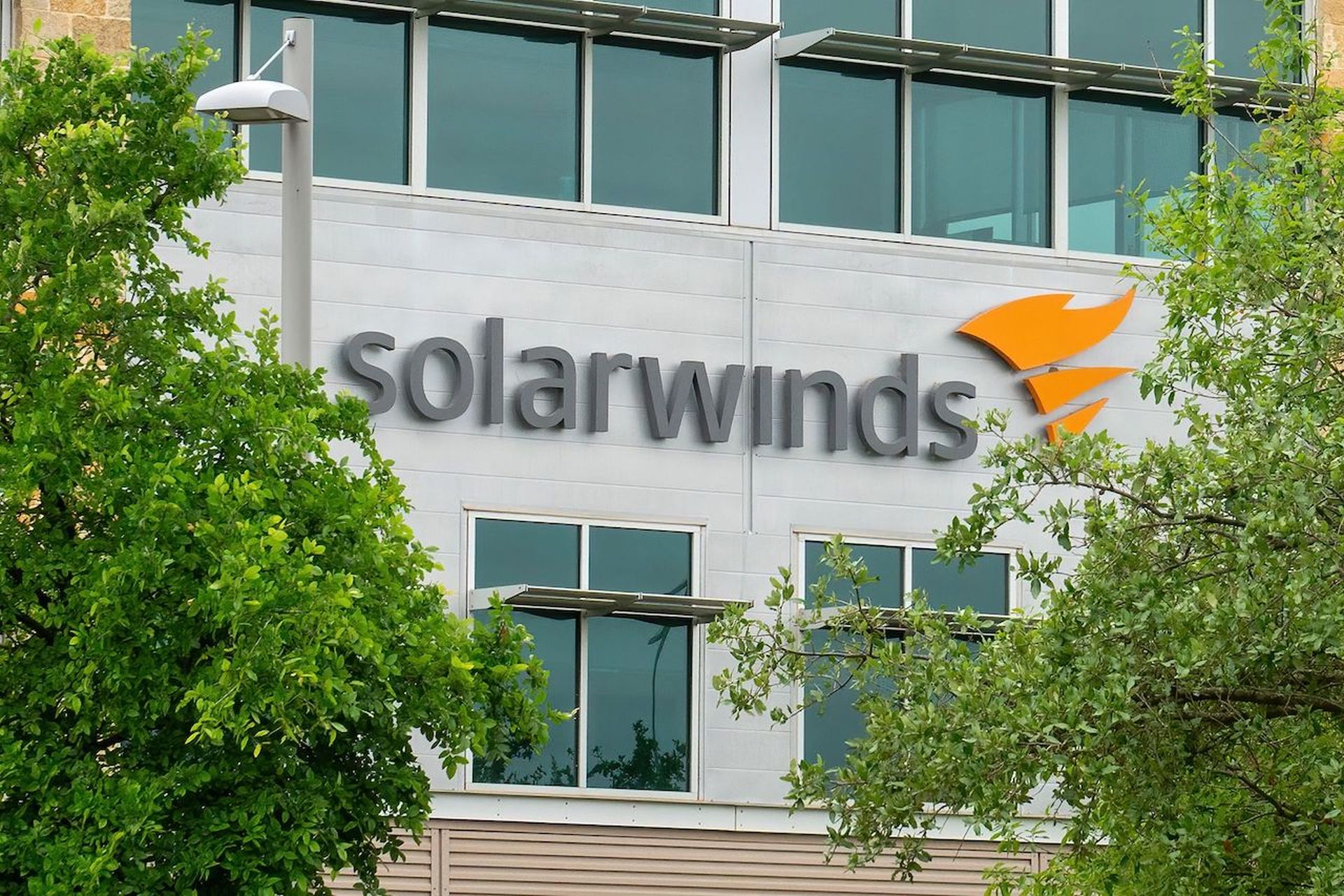Chief executives, CFOs and financial analysts across the technology sector have spent recent weeks building reduced revenue models to see if their companies can survive steep business declines amid the coronavirus pandemic.

How steep of a decline? Some clues surfaced yesterday during BlackBerry's quarterly earnings call with Wall Street analysts. For some context, remember that BlackBerry's core businesses include Unified Endpoint Management (UEM) and Unified Endpoint Security (UES). The company's Cylance business unit also has a growing base of MSP and MSSP partners.
Ahead of the pandemic, BlackBerry signed up more than 300 new cybersecurity customers in the recently-ended quarter -- a good showing, considering many of those customers are large enterprises. Key partners such as Verizon, a Top 200 MSSP, continue to play key roles in new deals, BlackBerry added.
But during the earnings call, a Wall Street analyst asked BlackBerry how the software company was feeling about its capital requirements going forward -- particularly amid the COVID-19 pandemic.
BlackBerry CEO John Chen said the company has modeled scenarios where revenue drops 20 percent, 30 percent and even 50 percent. "You would expect anybody to do in modeling, and we believe we are quite comfortable," with the company's financial condition in those various scenarios, Chen said said.
BlackBerry: Prepare for the Worst, But Think Long Term
BlackBerry doesn't expect such an extreme condition as a 50 percent revenue drop, but the internal modeling helped the company to understand that the business can hold up in terms of liquidity and financial health, Chen said.
Chen also turned the conversation back to a long-term view that extends beyond the current crisis. He noted:
"We're going to balance profitability and long-term growth. We know this will pass, we know things will come back to normal, and we believe we have very competitive strategy and products. So, we don't want to compromise the future. At the same time, we don't want to put ourselves in a financial difficult position. So, we're going to be working balancing that. But we're not saying that we're going to overhaul anything to disrupt our investment thesis."
Meanwhile, similar financial modeling exercises are occurring across the software and hardware industries. Two CEOs at software companies said their downside models include potential revenue cuts of 20 percent to 35 percent through at least September 2020. Both CEOs requested anonymity.
SaaS, Cloud and MSPs: Somewhat Protected But Not Immune
Meanwhile, cloud service providers (CSPs) such as Microsoft Azure, Amazon Web Services (AWS) and Google Cloud Platform (GCP) are considered the major winners amid the pandemic.
No doubt, CSPs are benefitting from the shift to Work From Home (WFH) and on-demand applications. But CSPs aren't completely shielded from the pandemic's impact. Don't forget that thousands of businesses may shrink or completely close amid the pandemic. Many of those under-stress businesses, no doubt, run IT workloads on public clouds and/or leverage MSPs for outsourced services.
Special: More Coronavirus Pandemic news, analysis and partner assistance programs.




